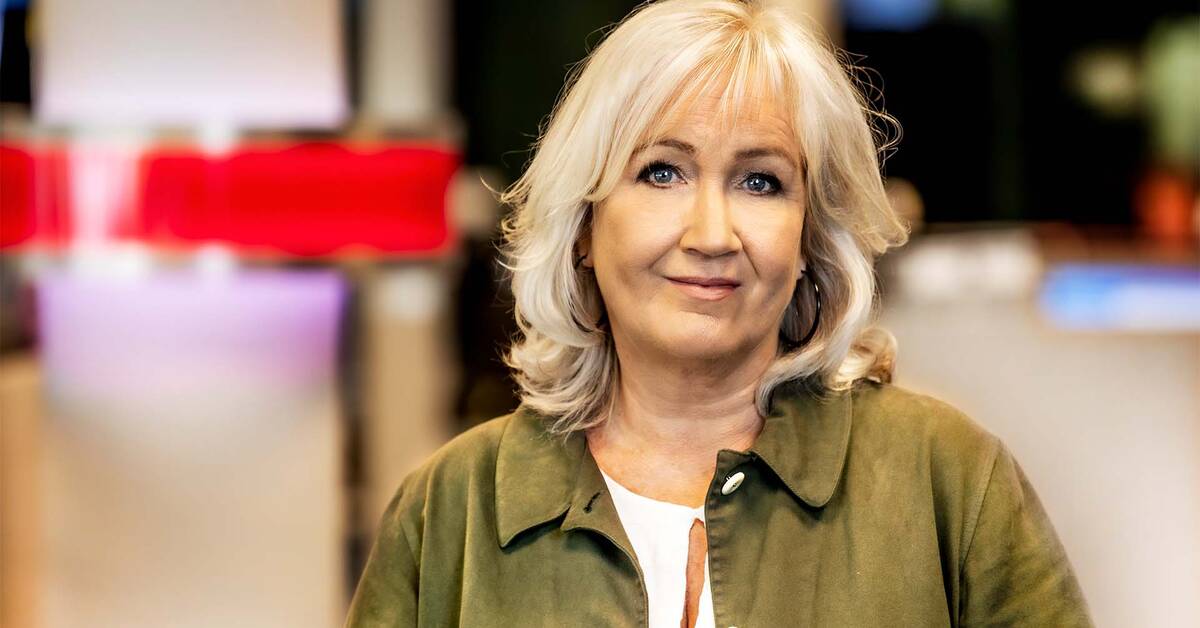"Embarrassing" and "carelessly prepared".
Among the high-ranking climate experts SVT spoke to, it is impossible to miss the disappointment.
The two-day UN summit in Stockholm consists of dialogues that will result in "recommendations".
This at a time when climate scientists are beginning to run out of words, the IPCC's latest desperate warning in the report that came out on 28 February can best be summed up in "urgent, urgent, urgent" (hurry, hurry, hurry, editor's note).
Sources at the Government Offices defend the lack of sharp proposals by saying that in the current situation, with a war in Europe, it had been perceived as a "provocation".
Instead, you should talk about how to implement what you already agree on.
A "dialogue in a non-negotiator context" in diplomatic language.
A unique opportunity for Sweden
But hosting your own UN conference is a unique opportunity.
No one had prevented the government from presenting sharp climate proposals, such as a deadline for coal, which an alliance of countries could support.
With such a "Stockholm Declaration" in the portfolio, it would have been possible to go to COP27 in Egypt and try to get even more countries to join.
This raises the most pressing issue of the climate crisis: the inability of politicians to provide an adequate response to the current crisis.
Nature filmmaker David Attenborough has said that the climate crisis has gone from being a research issue to becoming a communication problem.
Emissions must be reduced before 2025. We have three years to go.
"Slow collective suicide"
The most effective measure would be a global carbon tax.
This is what all researchers agree on.
But it has been politically impossible.
Sharp political proposals are not lacking: carbon dioxide rations where each citizen is allocated a quota or free public transport, to name a few political climate proposals put forward by different parliaments.
The adjustment that must take place is in the size of the Marshall Plan after the Second World War.
According to estimates by consulting firm McKinsey, this is $ 3.5 trillion a year by 2050, equivalent to half of the profits of global business.
The report points to higher electricity prices, changes in people's diets, old jobs that are disappearing and new ones that are being added to the green structural transformation.
A big change - but far from impossible.
Nevertheless, governments, including Sweden, continue to pay out fossil subsidies, which according to IMF calculations correspond to 6.8 percent of global gross domestic product.
Money that contributes to the slow collective suicide.
Palme said it 50 years ago
But to meet at - further - an environmental conference is probably never wrong, one can object.
Tell it to all the specially invited young people at the summit who will now be confronted with how shockingly clear the message was already 50 years ago.
The government's PR film for Stockholm + 50 shows a piece from the speech that Prime Minister Olof Palme gave at the UN Environment Conference in Stockholm in 1972. He pointed out that it is very urgent.
It was a line number that could just as easily have been kept today.
It is not just young people's confidence in politicians' ability to act in an exceptional crisis that is at stake.
It is also their belief in democracy.

